#UnitedStates
VW Plans Mass Culling of Combustion Cars, Loftier Margins
Practically every automaker on the planet has begun signaling a desire to change with the times by collectively revising their business strategies. The new hotness involves lower volumes, higher margins, and electric vehicles with the ability to push connected services allowing manufacturers to charge you piecemeal for just about every feature imaginable.
While Volkswagen Group has been at the forefront of those trends since the 2015 Dieselgate scandal helped force its hand, it often suggested that the shift to EVs would be a boon to low-income families. It was hardly the only automaker to make such promises, nor has it been the first to break them after deciding that perhaps there’s more money to be made with premium vehicles. VW has decided that its ideal strategy involves culling internal combustion vehicles by 60 percent over the next eight years and focusing on higher-margin products yielding superior profitability.
What Ever Happened to the U.S. People's Convoy?
It’s been a while since we’ve covered the trucking protests and you might be wondering what happened with the U.S. People’s Convoy that emerged from the still-smoldering ashes of the Canadian Freedom Convoy. Well, it’s been circling Washington, D.C. for the last several weeks in the hope it can draw sufficient attention.
Unlike the Canadian-based convoy, which saw the government deploy armed men to clear demonstrations taking place in front of Ottawa’s Parliament Hill, the Americans have remained mobile to avoid getting cornered by authorities. Stationed out of Hagerstown Speedway in Maryland, truckers have established a base of operations where they can service vehicles whenever they’re not on the Beltway protesting. Drone shots from above have indicated that there are usually a few hundred trucks parked at the racetrack each morning, though videos from inside show evening returns including hundreds more supportive passenger vehicles. While journeys into the city do take place, they typically involve a handful of trucks designed to make some noise before quickly retreating to avoid being penned in.
Volkswagen Shifting Production Out of Europe, Into U.S. and China
Volkswagen Group will be moving some of its European production out of the continent and into facilities located in China and the United States, citing the war in Ukraine as the largest contributing factor. Though if you’ve been following the company, it had already signaled a desire to raise its capacity in China ever since the region shifted into becoming its largest market.
In fact, Chief Executive Herbert Diess said during Tuesday’s press call that China will be taking precedence as the automaker reorganizes its manufacturing.
People's Convoy Rolls On Washington, Freedom Convoy Regrouping
On Wednesday, American truckers commenced a cross-country drive from California to Washington, D.C., to petition governments (local, state, and especially federal) to end all COVID-19 mandates. Known as The People’s Convoy, the group was inspired by the Canadian Freedom Convoy that was broken up over the weekend and effectively serves to spread its message within the United States.
The goal is to arrive in the capital early in March to pressure the Biden Administration into ending any formal federal emergencies pertaining to the pandemic. Defense Secretary Lloyd Austin has approved a request from the District of Columbia government and the U.S. Capitol police for 700 National Guard troops, widespread fencing, and 50 armored vehicles in anticipation.
Industry Begins Blaming the Bridge, Truckers in Ottawa
With the Ambassador Bridge having been cleared by police over the weekend, those protesting government mandates have literally been relegated to the sidelines. Canadian officers from a variety of departments, including Ontario Provincial Police, are now situated at relevant intersections and Windsor, Ontario, has declared a state of emergency in case demonstrators return.
But don’t think the story is over. The trucker blockade certainly caused trouble for the automotive sector and it suddenly seems interested in rolling the event into the industry’s ever-expanding list of excuses. Now that the rigs have all been removed, spokespeople have been chiming in and they’re being presented as rather single-minded on the matter. They want more assistance from the government to quash any protests that might impact their bottom line and are happy to have something else to blame for why the broader industry remains in such a pitiful state.
Freedom Convoy Update: Truckers Are Winning
The Freedom Convoy that originated in Canada last month has gained an incredible amount of momentum, garnering loads of support from citizens around the world. Sympathetic protests seem to be erupting everywhere while the original group of truckers remains planted on the streets of Ottawa to demand an end to government mandates. But honking at Parliament Hill for two weeks was only a portion of the convoy’s grand strategy.
Large groups of truckers have broken off to create blockades at meaningful border crossings, gaining control of North America’s already ailing supply lines. The most recent example resulted in the taking of the Ambassador Bridge in Detroit, an essential trade crossing for both the United States and Canada. Truckers have held the bridge for five days and automakers have begun announcing shutdowns due to supply issues. Meanwhile, the Canadian government has begun discussing an end to lockdown measures after failing to stop the protests and other nations appear poised to follow in its footsteps.
Canadian Trucker Protests Continue, Aussies Launch 'Convoy to Canberra'
With supply lines being of particular importance these days, truckers are leveraging their role to encourage government to see things their way. Canada’s Freedom Convoy reached Ottawa on Friday to demand officials end pandemic-related restrictions it believes are wreaking havoc on the economy and the protests have yet to stop.
While this all started with U.S. and Canadian truckers urging the government to abandon border restrictions that forced all drivers to be vaccinated and confirmed as COVID free (starting January 15th) or be forced to quarantine for 14 days, activists are now asking Ottawa to abandon all mandates or prepare itself for worsening disruptions to already ailing supply chains. They’ve since been joined by Australian truckers, who have formed the ‘Convoy to Canberra’ for similar reasons. Future demonstrations are also being prepared for the United States.
Nissan Recalling 793,000 Rogue SUVs Over Fire Risk
While alchemy has famously spent the better part of recorded history trying to transmute lead into gold, the automotive industry has repeatedly managed to achieve the lesser-known act of sorcery where water is converted into fire. This usually occurs when humidity ends up corroding an essential electrical component, resulting in fire risk that becomes the deciding factor in a recall campaign.
This week’s corporate conjurer is Nissan, which has decided to call back 793,000 Rogue SUVs in the United States and Canada.
Canada Joins Mexico in Trade Dispute Against United States
Mexican and Canadian officials have been dropping hints that they’re not all that enthusiastic about the United States-Mexico-Canada Agreement (USMCA) since before Enrique Peña Nieto, Donald Trump, and Justin Trudeau all sat down to sign it in 2018. But just getting to that point required months of formal negotiations that rarely looked to be all that productive.
Sadly, things don’t seem to have changed now that the USMCA is in full effect. Last week, Mexico requested a dispute settlement panel under the terms of the trade pact to help resolve disagreements about the surprisingly contentious automotive content stipulations that determine whether or not vehicles and parts will be slapped with tariffs. Under the previous North American Free Trade Agreement (NAFTA), 62.5 percent of the vehicle’s components had to be sourced from member nations to be considered tax-exempt. In an effort to spur localized production, USMCA increased that number to 75 and not everyone is thrilled with the updated content requirements with Mexico claiming it’s not even sure how to apply them. Canada now intends to formally sign onto Mexico’s complaint against the U.S. over their divergent interpretation of rules.
Opinion: Governors Begging Congress for Semiconductor Cash Won't Fix Anything
There’s an initiative to convince Congress to pass legislation that would pour billions of dollars onto chip manufacturers at play that’s being led by Michigan Governor Gretchen Whitmer. A letter, signed by nine other governors, was issued asking like-minded lawmakers to send $52 billion in economic aid so that the chip shortage so that the supply issues that have been plaguing various industries (including the automotive sector) can finally be resolved.
Backed by the U.S. Semiconductor Industry Association (SIA), the “CHIPS for America Act” is just one of several programs designed to use the National Defense Authorization Act to create federal funding for chip suppliers. The governors (all of which are from states manufacturing automobiles) say they want a cash injection by the end of 2021 so that domestic chip manufacturing can build new factories right away. But SIA lobbyists are pressing for numerous plans that would result in extensive tax breaks and annual investments from the government that is all focused around the proposed CHIPS legislation and piggybacks on the recently passed U.S. Innovation and Competition Act (USICA).
Alright, let’s break this down.
U.S. and Mexico Can't Come Together On Light Vehicle Rules
When the United States abandoned the North American Free Trade Agreement (NAFTA) to embrace the United States-Mexico-Canada Agreement (USMCA), it did so under the premise of crafting a better trade arrangement for itself. Established in 1994, NAFTA created a trilateral trade bloc that encouraged commerce between nations. But critics have accused it of encouraging the offshoring of U.S. jobs and dramatically suppressing wages — particularly within the automotive and manufacturing sectors.
Signed in 2018, and revised the following year, the USMCA was supposed to remedy those issues. But it’s been difficult to get all parties on board, especially when it comes to those persnickety rules of origin that stipulate how much of a vehicle’s hardware needs to be sourced from member nations.
Senate Approves Bill Injecting Cash Into Semiconductor Industry
Apologies for all the semiconductor news. But it’s the topic of the day, with the United States Senate recently approving $52 billion in emergency spending to help bolster domestic chip production and another $190 billion for R&D programs.
Passing the vote (68-32) under the premise that boosting localized chip production would help prevent domestic automakers from having to cut corners, the Senate is also suggesting the funding could give the U.S. a competitive advantage against China. The Communist Party of China (CCP) has opposed the U.S. Innovation and Competition Act (formerly the Endless Frontier Act), with statements released from the National People’s Congress (NPC) demanding the legislation be halted immediately.
UAW Annoyed With GM's Mexican EVs
General Motors has decided its fifth electric vehicle facility should be in Mexico and has set aside $1 billion for its complex in Ramos Arizpe, Coahuila, Mexico. While a portion of the funds will go toward a new paint shop, the manufacturer also said the money would be used to prepare the site for EV and battery production, angering the United Auto Workers (UAW).
“This is a slap in the face for not only UAW members and their families,” stated UAW Vice President Terry Dittes. “General Motors automobiles made in Mexico are sold in the United States and should be made right here, employing American workers.”
A Dozen More States Virtue Signaling Over Vehicle Bans
Having noticed that Washington got a bit of publicity for vowing to ban all vehicles reliant on internal combustion after 2030, a dozen other American states decided it would be a good idea to reaffirm their own religious-like commitment to the environment by saying they too will be restricting your choice of automobiles by 2035.
The coalition of states — most of which don’t have a populace that’s dependent on automotive manufacturing for work — also formally asked the Biden administration to introduce standards that would obligate the United States to ban everything that emits smoke within the next fifteen years. Many activist groups are calling it a heroic act, though it’s difficult to recall any parables where the hero went around banning things and also represented an institutional power structure.
What Happened To the Chinese Automakers Wanting a Piece of the U.S. Market?
American automakers can usually count on selling just below 3 million vehicle sales in China every year. While that figure includes the caveat that the Chinese Communist Party requires foreign manufacturers to partner up with established local companies, it remains substantially larger than the number of cars Chinese brands manage to move in the United States per annum — which is effectively zero.
From BYD to Zoyte, just about every large Chinese manufacturer has issued a deluge of promises about breaking into our market over the last decade — including most of the names we’ll be mentioning below. Consider this sort of the “Where Are They Now?” of evergreen automotive content about regional disparities. Because very little has moved in regard to China’s involvement with the North American auto market and the current geopolitical climate doesn’t make us think that’s likely to change anytime soon.
But it hasn’t been for a lack of trying.





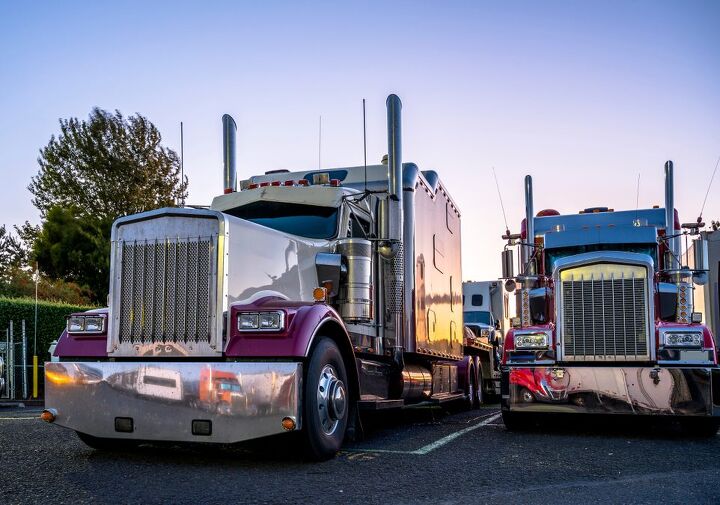



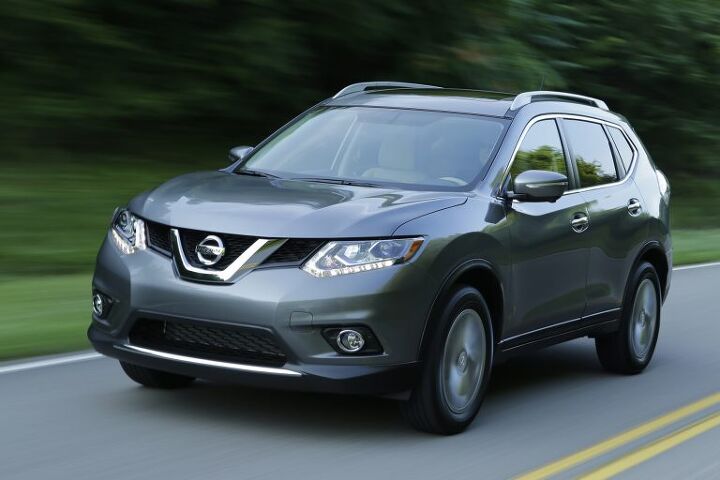
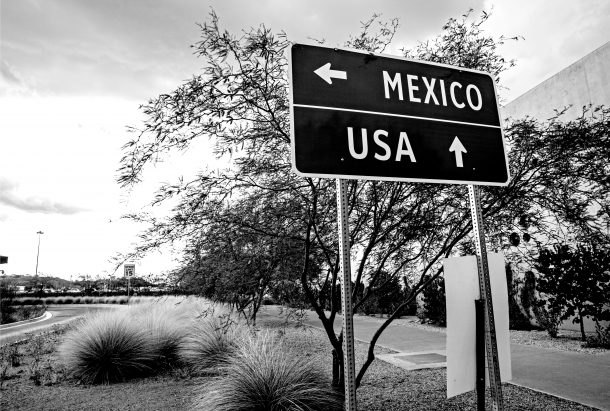
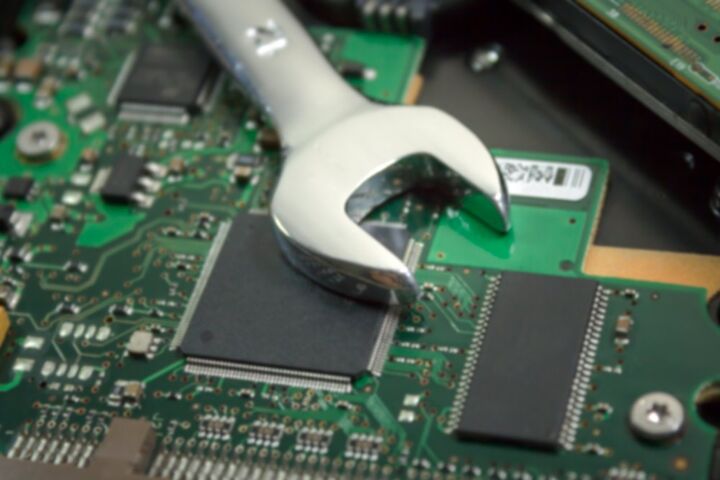
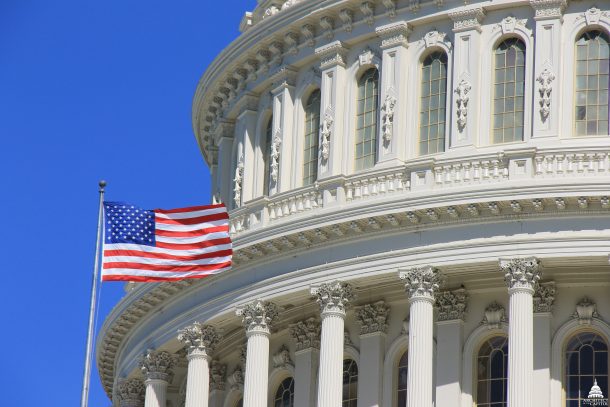














Recent Comments